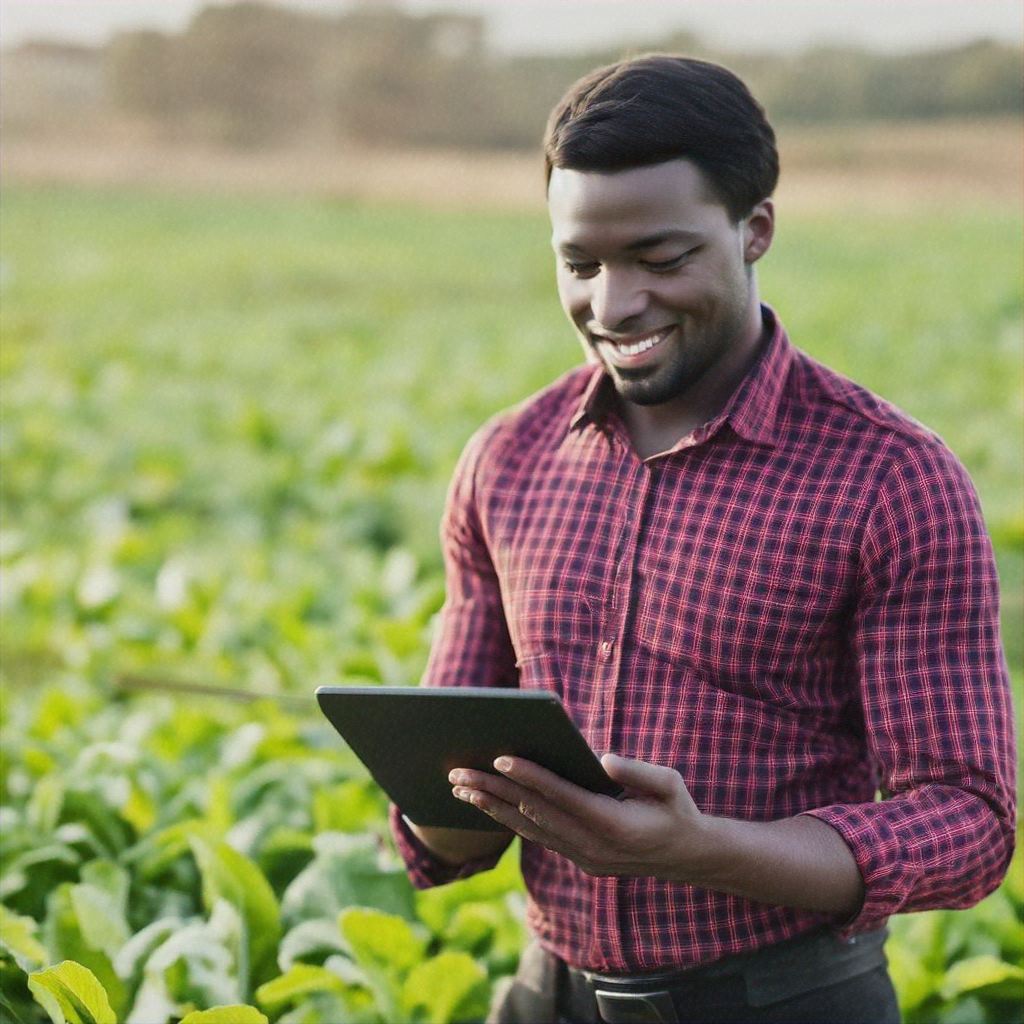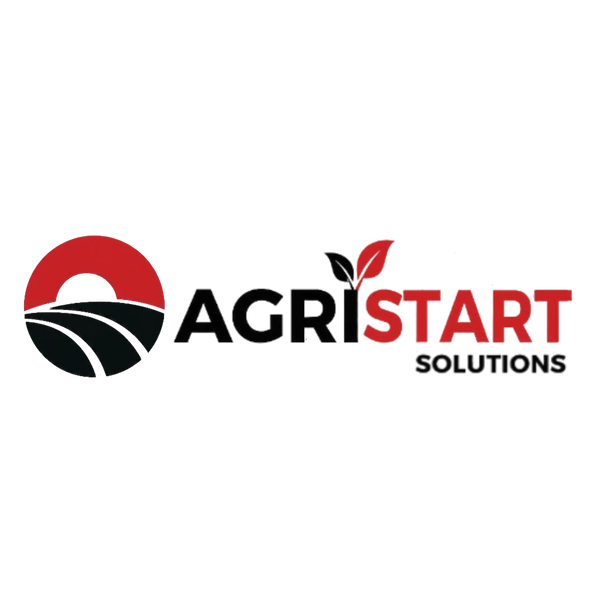
The Future of Farming in South Africa: Technological Advancements Shaping the Industry
Share
The Future of Farming in South Africa: A Deep Dive into Technological Advancements
South Africa, a country with a rich agricultural heritage, is on the cusp of a technological revolution that is transforming the way food is produced. From precision farming to drone technology, the latest advancements are shaping the future of agriculture in the country, promising increased efficiency, sustainability, and profitability. This article delves into these innovations and explores how they are impacting South African farms.
Precision Farming: Optimizing Resource Utilization
Precision farming involves using data and technology to optimize farming practices. Sensors, drones, and satellite imagery provide real-time information on soil conditions, crop health, and pest infestations. This data allows farmers to make informed decisions about irrigation, fertilization, and pesticide application, resulting in:
- Increased yields: By optimizing resource allocation, precision farming maximizes crop production.
- Reduced input costs: Farmers use resources more efficiently, minimizing waste and saving money.
- Environmental sustainability: Precision farming practices minimize environmental impact by reducing chemical usage and water consumption.
Drones: Aerial Surveillance and Precision Application
Drones are becoming increasingly popular in agriculture, offering a range of benefits. Equipped with cameras and sensors, they provide aerial surveillance of crops, allowing farmers to monitor growth, identify diseases, and assess damage. Drones can also be used for:
- Precision application: Drones can spray pesticides and fertilizers with pinpoint accuracy, reducing chemical usage and environmental impact.
- Crop monitoring: High-resolution imagery captured by drones provides detailed insights into crop health and growth patterns.
- Timely intervention: Early detection of pests and diseases through drone surveillance enables timely interventions, preventing crop losses.
Artificial Intelligence (AI): Smart Decision Making
AI is transforming agriculture by providing insights and predictions based on vast amounts of data. AI-powered systems can analyze weather patterns, soil conditions, and crop data to predict yields, optimize resource allocation, and detect disease outbreaks. This allows farmers to:
- Improve decision making: AI-powered insights help farmers make informed choices about planting, irrigation, and fertilization.
- Enhance efficiency: AI systems automate tasks, reducing labor requirements and improving efficiency.
- Predict crop yields: AI can analyze historical data and current conditions to predict yields and optimize production.
Robotics: Automation and Efficiency
Robotics is revolutionizing farming by automating tasks that were previously performed manually. Robots can be used for:
- Harvesting: Robotic harvesters can efficiently pick fruits and vegetables, minimizing damage and improving yield.
- Weeding: Robots can identify and remove weeds, reducing the need for herbicides and manual labor.
- Soil preparation: Robots can prepare soil for planting, automating tasks that were previously time-consuming.
The Impact on South African Farms
The adoption of these technologies is transforming South African farms, leading to:
- Increased productivity: Improved efficiency and optimized resource utilization result in higher crop yields.
- Enhanced sustainability: Precision farming practices and reduced chemical usage contribute to a more sustainable agricultural system.
- Improved profitability: Higher yields and reduced input costs lead to increased profitability for farmers.
Challenges and Opportunities
While these technologies offer significant benefits, there are challenges to their adoption, including:
- Cost of implementation: The initial investment in technology can be substantial for some farmers.
- Digital divide: Access to technology and internet connectivity varies in South Africa.
- Skill gaps: Training and education are necessary to effectively utilize these technologies.
Despite these challenges, the future of farming in South Africa is bright. By embracing these technologies, farmers can overcome challenges, enhance sustainability, and contribute to food security for the nation. As these technologies continue to evolve, South African agriculture is poised to become a global leader in innovative and sustainable food production.
Conclusion
The integration of technology into South African agriculture is creating a new era of efficiency, sustainability, and profitability. From precision farming to robotics, these advancements are shaping the future of farming in the country, promising a more sustainable and prosperous agricultural sector. As technology continues to evolve, the future of farming in South Africa is bright, holding the potential to contribute to food security and economic growth.
